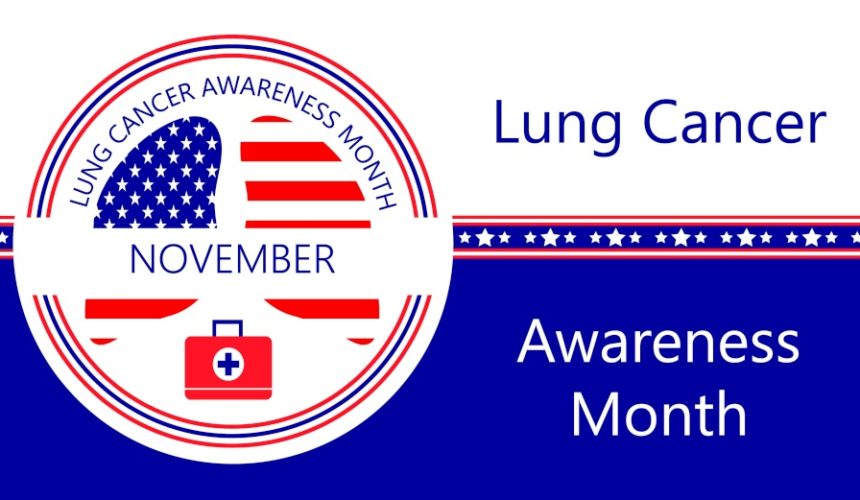
FLASS salutes Lung Cancer Awareness 2020 for November.
Lung Cancer Awareness 2020 is officially celebrated this November. However, the health providers and staff of FLASS crusade for that awareness all year long. In the year of the Coronavirus pandemic, 2020, we have developed a special sensitivity to the risks and causes of lung cancer. And we dedicate the month of November to celebrating lung cancer survivors, remembering those who lost their fight, and advocating for more medical research.
Each year we present articles like this one in the hope we can intensify your understanding of this disease. Likewise, and especially in 2020, we are on a mission to publicize the ways you can reduce the risks of contracting it.
White Ribbons and Lung Cancer Awareness in 2020
You might see us wearing the familiar design of a cancer ribbon on our lapels and collars. And you might look twice because you aren’t quite sure what it means. The design is familiar, but the color might not be. You see, the color of the Lung Cancer ribbon is white, pearl, or transparent. “People are often more familiar with the ribbon colors of cancers that cause fewer deaths.”
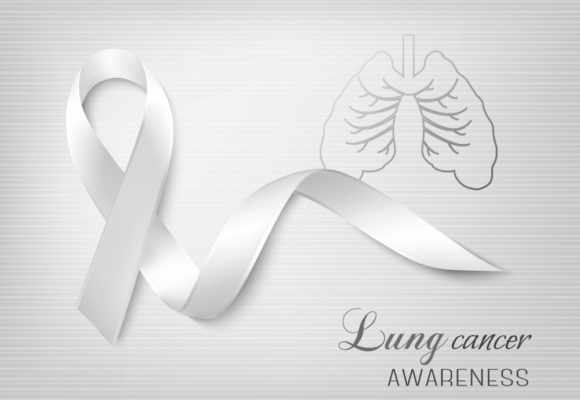
Lung Cancer Awareness 2020 means we celebrate survivors and advocate Lung Cancer Research.
You might not realize that “Lung cancer is the leading cause of cancer deaths worldwide, with 1.8 million new cases being diagnosed each year.” Likewise, we want you to know lung cancer has actually surpassed breast cancer as the most fatal killer in women. And have you heard that in men, it has claimed more lives than “prostate cancer, pancreatic cancer, and colon cancer combined?”
Lung Cancer Awareness 2020 Risky Business
Thus, in this blog article, we not only announce November as Lung Cancer Awareness 2020 month but we share three important ways you can lower your risks for Lung Cancer.
Risk Reducer Number One: No Smoking, Please!
Now, it is quite true that you don’t have to be a smoker to contract lung cancer. However, smoking seriously raises your risk of getting it.
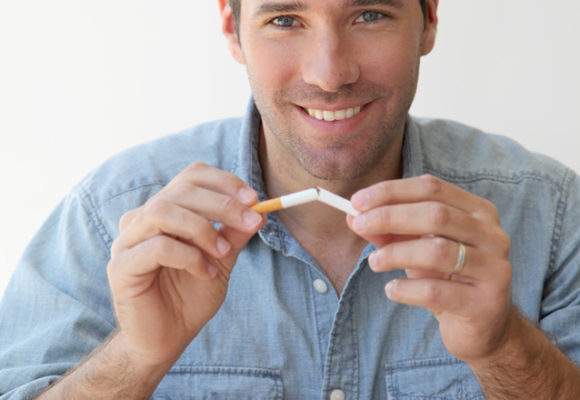
November is a great time to break a bad habit–smoking.
People often ask doctors if there is any single thing they can do to avoid lung cancer. Now, we have several suggestions but the number one way to avoid lung cancer is to avoid smoking. Experts agree, “the most important thing you can do to prevent lung cancer is to not start smoking, or to quit if you are smoking.” We know we have said this year after year, but in the case of Lung Cancer Awareness 2020, it continues to be relentlessly true.
November Lung Cancer Awareness 2020: Perfect Time To Quit
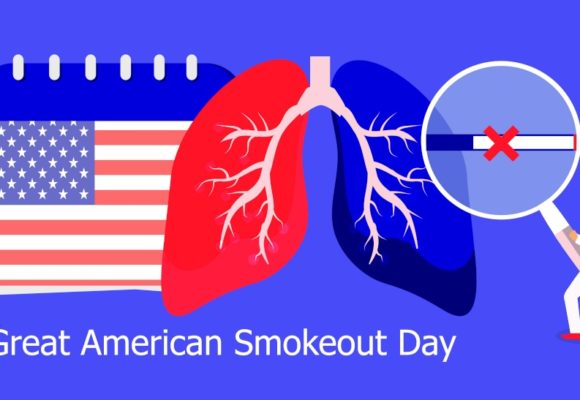
You Can Break the Habit, even for Just One Day!
In honor of Lung Cancer Awareness, the third Thursday of November has been selected by the American Cancer Society, for the Great American Smokeout. It has been dedicated to helping people quit smoking. Thus, in case you did not know it, on this day, FLASS also encourages smokers just to quit for 24 hours, for awareness sake. Of course, then we always hope they will embark on a real quest to forego the habit for a lifetime—for the sake of their lungs and life.
Lung Cancer Awareness 2020: Learning Lung Cancer’s Ugly Secrets
Here in 2020, almost everyone knows that cigarettes can cause lung cancer. However, this cancer-causing agent has an ugly secret that is far less well known. Smoking can actually block your body from properly fighting the cancer it causes. Yes, we are creating improved treatments and therapies for lung cancer. But, at the same time, lung cancer retains its infamous royal position as the number one type of killer cancer. Lung Cancer Awareness means knowing statistics like 9 out of 10 lung cancers are caused by cigarettes.
More Secrets of Lung Cancer Awareness 2020
The CDC has given us more 4 more semi-secret facts to start off our November campaign:
- Quitting smoking “lowers the risks for cancers of the lung, mouth, throat, esophagus, and larynx?”
- Likewise, within 5 years of quitting, your chance of contracting “cancer of the mouth, throat, esophagus, and bladder is cut in half.”
- We also know that “Ten years after you quit smoking, your risk of dying” from lung cancer drops 50%.
- At FLASS, we have previously blogged about smoking and its relationship to lung cancer, but we have not brought up the direct topic recently. That does not mean it does not concern us. In spite of all the publicity, expense and social stigma associated with smoking, this health hazard is still an all-too-popular habit. For help quitting smoking, we personally invite you to visit the wonderful online resource smokefree.gov or call 1 (800) QUIT-NOW (784-8669), or text “QUIT” to 47848 from your Smartphone. One of our harshes warnings against this habit, when all is said and done, is that smoking is simply an invitation for lung cancer to thrive in your chest.
Have You Come A Long Way, Ladies?
Now we hate to single out any one group, but we are very concerned about women, smoking, lung cancer, and other respiratory diseases.
- In the last 50 years a woman’s risk of dying from disease contracted by smoking has more than tripled.
- It is equal in the worst sense to a man’s risk of dying from the same unhealthy habit.
- Thus we want you to know that more than 200,000 women die every year from lung cancer or smoking-related disease.
- Just in case you want to know how this measures up to men, 270,000 men will die each year from a smoking-related disease.
Lung Cancer Awareness 2020 Rule Two: Those Second-Hand Woes
Rule number two is an extension of our first rule. Please be aware of the dangers of second-hand smoke. Do you realize secondhand smoke can cause lung cancer in adults who have never smoked a single cigarette?
As we have blogged previously in this regard, we must cite a statistic that greatly distresses healthcare professionals everywhere: “Nonsmokers who are exposed to secondhand smoke…increase their risk of getting lung cancer by 20% to 30%.”
Lung Cancer Awareness 2020 Rule Three: Beware of An Invisible, Cancer-Causing Killer
Our third risk-reducing rule of cancer awareness 2020 is less obvious than either number one or two. This third risk sounds like science-fiction. You might not know it now, but there could be an insidious gas loose in your house.It is called Radon, and you cannot smell, taste, or see it. Radon is natural and it comes from rocks and soil and even dissolves in groundwater. In fact, the CDC states, “Radon is thought to be the second leading cause of lung

Beware of Radon Gas. Test Your Home for this Lung Cancer Cause.
cancer in the United States, responsible for more than 20,000 lung cancer deaths each year.” You simply must test your home for Radon.
So FLASS wants you to know how people can get exposed to radon. The gas drifts through cracks and gaps in the foundations of buildings and homes. This substance is very bad for your lungs. And yes, over time, it can cause lung cancer. Here is the good news; if your house has a high level of radon, you can fix it. However, first, you must test your home.
Lower Your Lung Cancer Risk With Radon Testing and Repair
According to the CDC, “…you can repair your home and thus lower your risk of lung cancer. “Radon mitigation contractors can help by sealing cracks where radon gets in.” They can even install pipes that can divert radon from under your home, sending it outside.
If you haven’t tested your home for radon, take a Radon warning from the CDC and from FLASS: Please get a test kit now. To discover more about Radon, visit this special online resource.
Make 2020 your year to become aware of the above three risks of lung cancer. Unfortunately, FLASS has many patients who made a few unwise choices. They took the risks, and they thought lung cancer would not happen to them.
Terrific Take-Aways from Lung Cancer Awareness 2020
We hope you’ll join us in celebrating Lung Cancer Awareness month 2020.
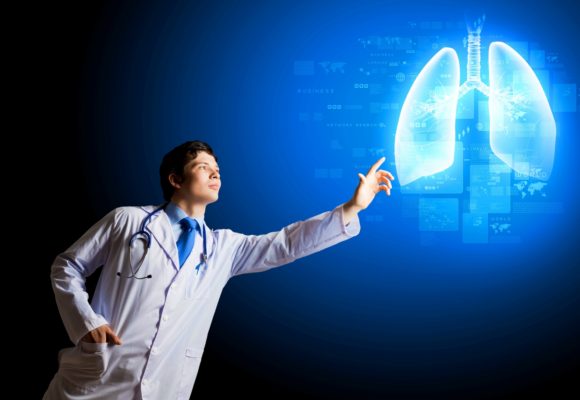
FLASS advocates for Lung Cancer Research.
FLASS invites you to check out Lung Force. “The American Lung Association’s LUNG FORCE initiative is uniting women and their loved ones across the country to stand together against lung cancer, the #1 cancer killer of women and men in the U.S.” Like FLASS, they believe we can beat the lung cancer statistics we revealed in the first part of this blog. “With your support, we can raise critical awareness about lung cancer and turn the tide against this disease.”
Join a Special Lung Cancer Event: American Lung Association’s First Cancer Patient Virtual Meetup
The American Lung Association will be hosting a virtual Lung Cancer Patient Meetup, Nov.10, 2020. If doctors have diagnosed you or someone you love with lung cancer, this is your opportunity to learn more about the newest trends in lung cancer resources and research. And it is free! You can learn more about it at this valuable online location.

